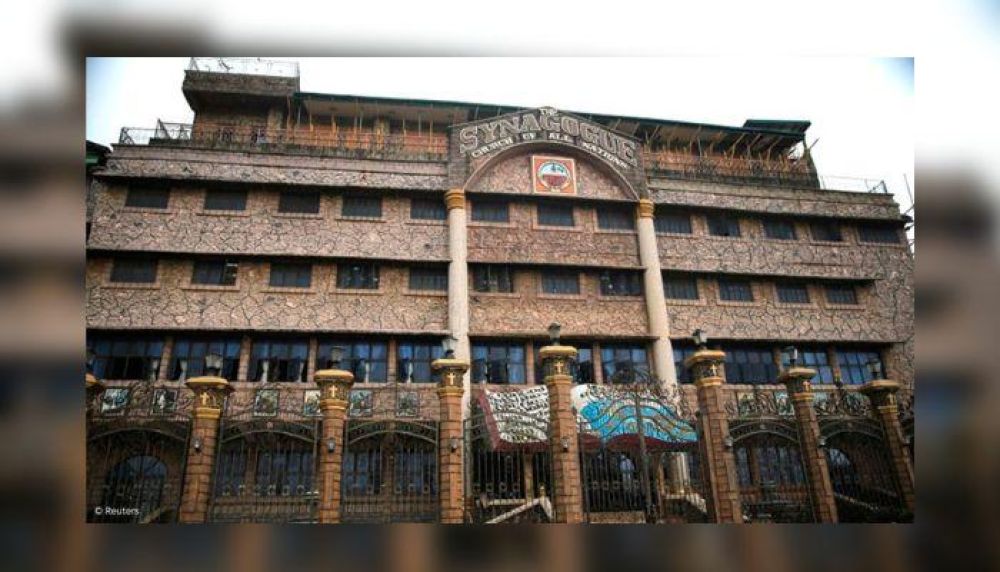

The Synagogue Church is a significant religious site located in the heart of Nazareth, Israel. Believed to be built on the remains of the synagogue where Jesus Christ studied and prayed, it is a place of considerable historical and spiritual importance in Christianity.
The beginnings of tourism to the Synagogue Church can be traced back to the early centuries of Christianity when pilgrimages became popular among the faithful. These journeys were undertaken by adherents wishing to come closer to their faith by visiting the locations where Jesus lived and preached.
Through the Byzantine and Medieval periods, the importance of Nazareth and its religious sites, including the Synagogue Church, continued to grow, prompting a steady stream of pilgrims, despite the challenges of travel in those times.
However, organized tourism to the Synagogue Church emerged much later. With the development of modern travel in the 19th and 20th centuries, and especially after the establishment of the State of Israel in 1948, Nazareth became more accessible to international visitors.
The tourism industry in Nazareth and the Synagogue Church saw a significant evolution at the turn of the 21st century. The Israeli government, along with local authorities, began initiatives to promote Nazareth as a tourist destination, emphasizing its rich historical and religious significance.
Restoration projects were undertaken to preserve the church and its surroundings, ensuring that visitors could experience the site's historical integrity. Accessibility improvements were also a focus, with better transportation links and visitor facilities being developed.
The city of Nazareth, and by extension the Synagogue Church, has seen an increase in visitors due to its inclusion in Christian pilgrimage routes and the popular "Jesus Trail"—a hiking path that connects many sites from the life of Jesus Christ.
The latest tourism trends affecting the Synagogue Church have been shaped by global factors, such as the 21st-century rise in digital technology and social media. Today's travelers are increasingly looking for immersive experiences, and many use online resources to plan their visits to the Synagogue Church and Nazareth's other historical sites.
Eco-tourism and sustainable travel practices have also gained traction, with visitors to Nazareth seeking to minimize their environmental impact. Consequently, there has been a push towards offering more eco-friendly accommodations and services in the region.
Amidst the challenges posed by the COVID-19 pandemic, the Synagogue Church, like many other tourist destinations, is adapting to new norms, including enhanced safety protocols and social distancing measures. The pandemic has accelerated the adoption of virtual tourism, wherein visitors can experience the church through online tours and interactive experiences.
As the world begins to reopen, tourism in Nazareth and the Synagogue Church is expected to rebound, with innovations in travel experiences and a renewed interest in spiritual and heritage tourism driving the market forward.